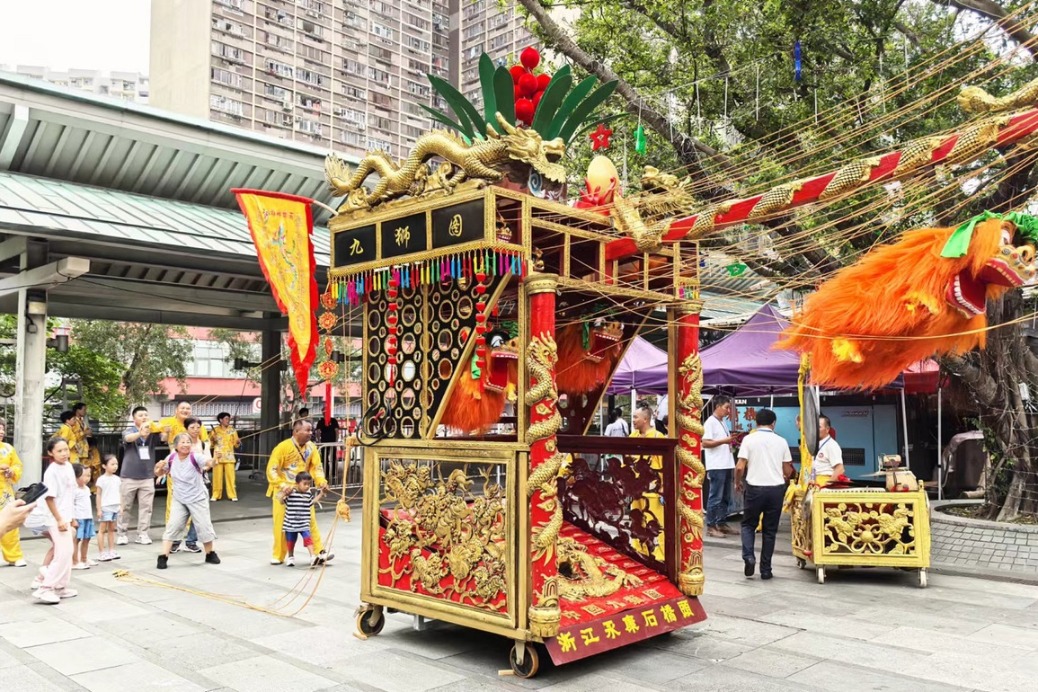Beijing joining 'time bank' to improve care for elderly, volunteer services


Beijing is developing a system in which volunteers can amass credits for assisting the elderly and use them later in life to get services for themselves.
On June 1, the city will launch a system it hopes will encourage and track volunteer services via the WeChat social media platform. The services for the elderly range from physical assistance to emotional comfort, and also include recreation, education, travel companionship, health knowledge, legal aid, financial advice and computers.
To make use of the system, an elderly person makes a request through an app for a service. Volunteers scan the list and decide where they can offer assistance. Good reviews bring deposits of virtual coins into a "time bank". Years from now, the account can be drawn upon for an equivalent amount of services.
A report by the Insurance Association of China and the Chinese Academy of Social Sciences showed that from 2018 to 2019, more than one-in-10 of people over the age of 65 in China were unable to perform basic tasks like dressing, eating and bathing without assistance. About 25 percent of elderly people require constant care.
The concept is evolving in Beijing. At present, the virtual coins would not be valid for commercial services, such as a nursing home. It's strictly a merit-based, volunteer system to monitor good deeds and allow people to pay forward against future need.
Other versions of the system are in use in other parts of the country. In some cities, volunteers can use the coins for physical goods such as food or daily necessities. It remains to be seen how the system will evolve in the capital, which included it in its 2022 government work report.
The time bank will have positive economic and social value, experts said. The mechanism will attract more people into volunteer services for the elderly, which will reduce financial pressure on local governments and family members, said Yan Yuejin, research director at E-house China R&D Institute.
Beijing's Civil Affairs Bureau announced more details of the plan on Wednesday. Any resident above age 18 can register an account and earn one time coin for every hour's service. The coins can be used after the volunteer reaches age 60, but they can also be given to parents or grandparents.
Minors can own accounts and participate in the program under the guidance of their guardians.
"The time bank is a reciprocity-based work trade-off system. People can barter services for credits with other members of the same time bank," Yan said.
"It's not totally new in China. As Chinese society ages, the initiative has the potential to address the needs of the growing number of elderly" and promote the eldercare services industry, he added.
China's net population growth rate last year sank to a 60-year low, the National Bureau of Statistics said on Jan 17.
- Poverty alleviation efforts pay off
- Journey to a greener future
- AI Broadcast: Qufu honors Confucius with cultural fest
- Global journalists, influencers explore legacy of Confucius
- Renmin University's new Tongzhou campus officially opens
- China's top political advisor urges renewed efforts in building community for Chinese nation





































